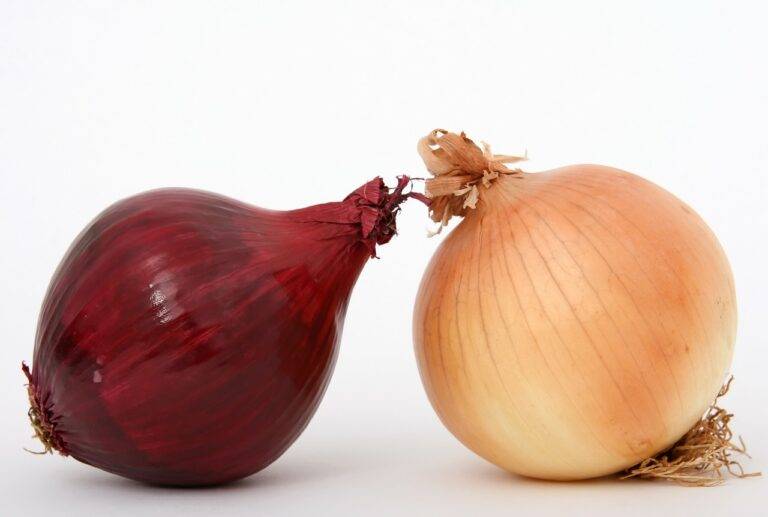Sustainable Landscaping: Creating a Garden That Gives Back
Sustainable landscaping offers numerous advantages that extend beyond just enhancing the aesthetic appeal of your outdoor space. By incorporating eco-friendly practices, such as using native plants and minimizing chemical usage, you can significantly reduce your environmental impact. This not only benefits the local ecosystem but also promotes biodiversity and creates a healthier habitat for wildlife.
Furthermore, sustainable landscaping can help you save money in the long run. By opting for drought-resistant plants and employing water-wise irrigation techniques, you can reduce your water consumption and lower your utility bills. Additionally, practices like composting and mulching can improve soil health, leading to less need for fertilizers and pesticides. In essence, investing in sustainable landscaping not only benefits the environment but also your wallet.
Choosing Native Plants for Your Garden
When selecting plants for your garden, it’s essential to consider choosing native species. Native plants are well-adapted to the local climate and soil conditions, which means they require less water and maintenance compared to exotic species. By incorporating native plants into your garden, you can create a more sustainable and resilient landscape that supports local wildlife and biodiversity.
In addition to their environmental benefits, native plants also offer aesthetic advantages for your garden. These plants have evolved to thrive in their natural habitats, showcasing unique colors, textures, and shapes that can enhance the visual appeal of your outdoor space. Whether you’re looking to create a vibrant pollinator garden or a tranquil woodland retreat, incorporating native plants can help you achieve your desired landscape design while promoting ecological balance.
Water Conservation Techniques for Your Landscape
When it comes to water conservation in your landscape, selecting drought-resistant plants is crucial. Opting for species that require less water can significantly reduce your outdoor water usage. Additionally, grouping plants with similar watering needs together can help you efficiently manage water consumption in your garden.
Implementing a drip irrigation system is another effective technique for conserving water in your landscape. This system delivers water directly to the base of plants, minimizing evaporation and runoff. By using a timer to schedule watering during the early morning or late evening hours, you can further optimize water efficiency and promote healthier plant growth.





